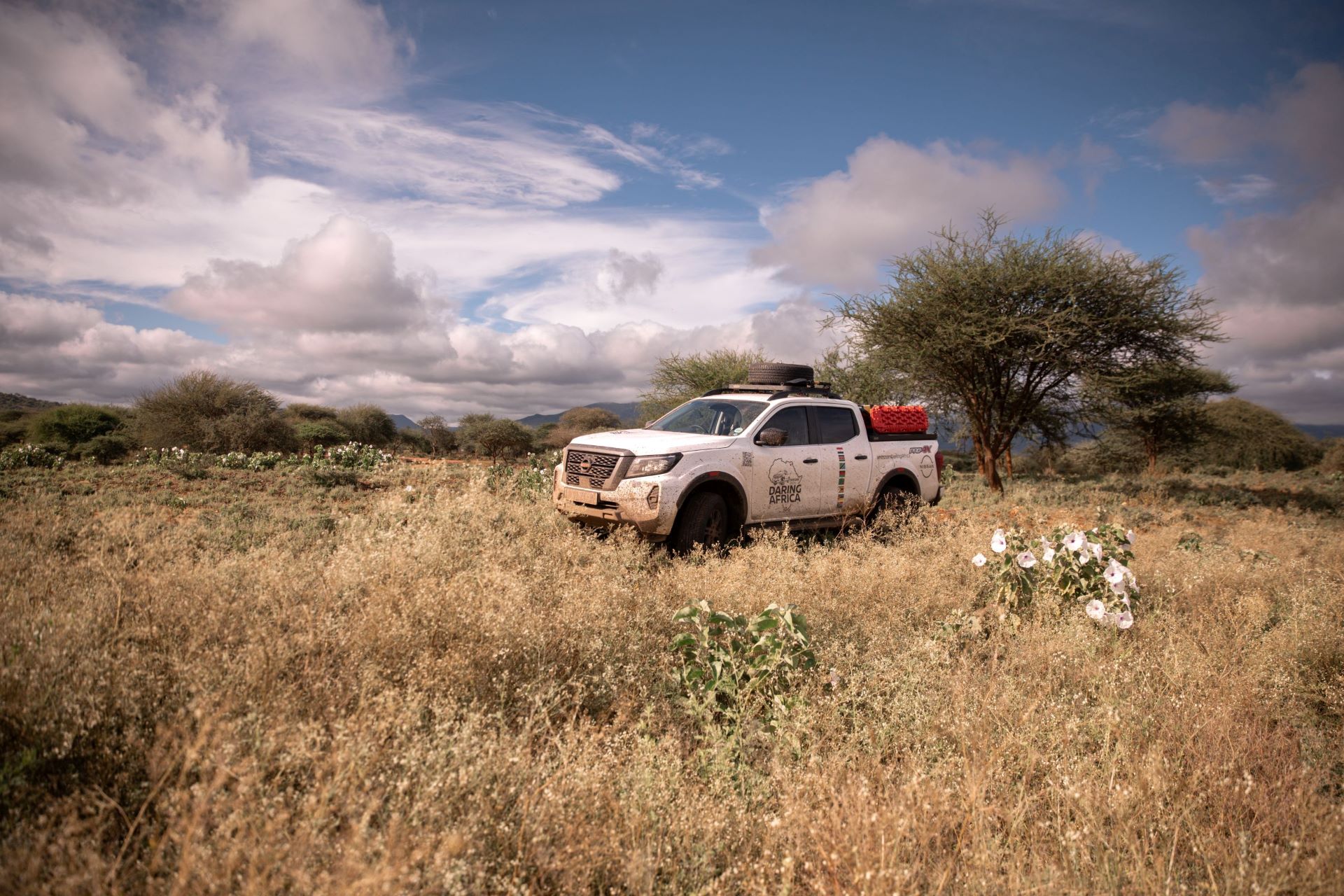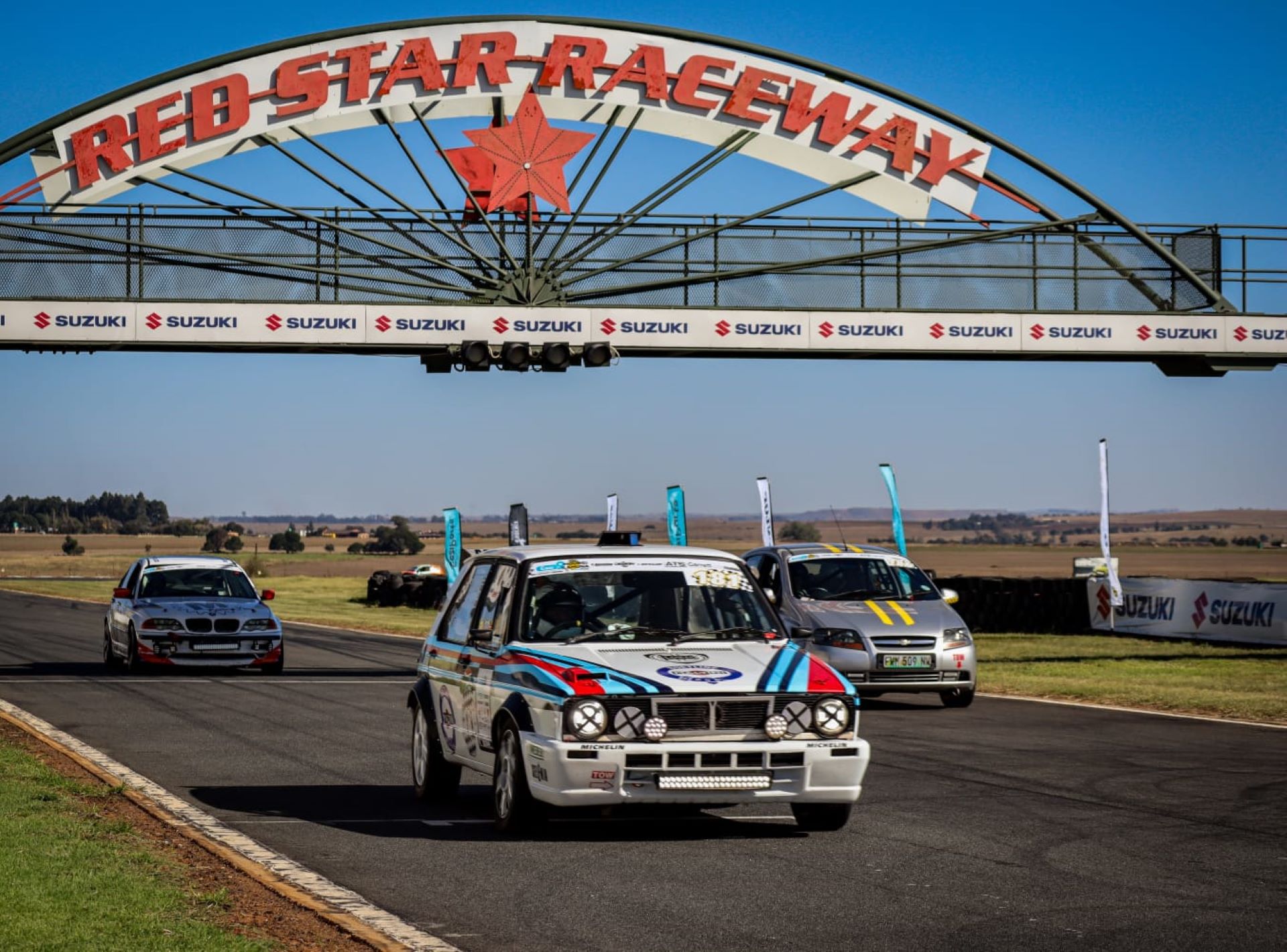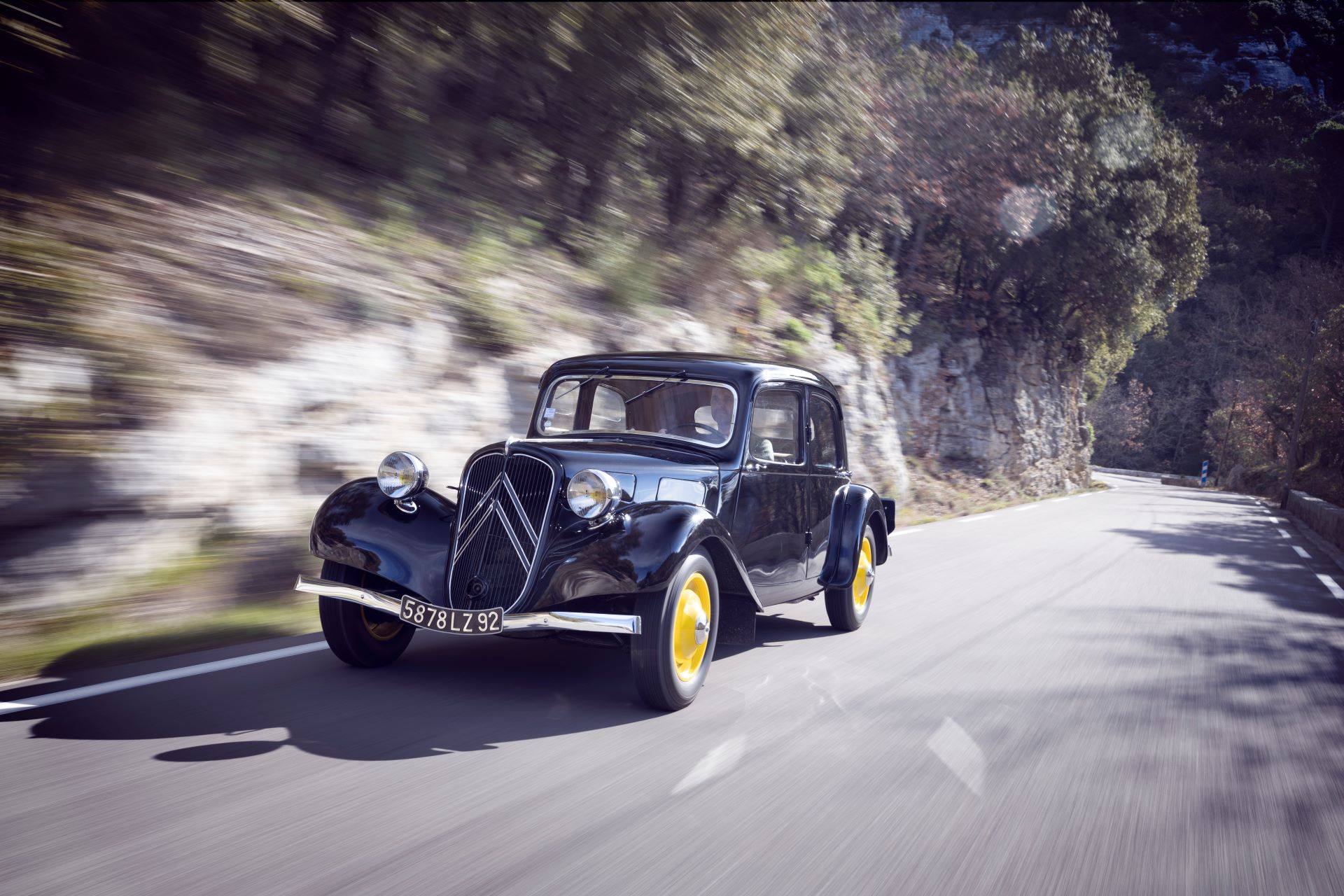- Jaguar Land Rover showcases and tests low carbon technologies at the third annual RAC Future Car Challenge with three vehicles participating
- Jaguar XJ_e experimental Plug-in Hybrid engineering research vehicle is awarded ‘Most Energy Efficient Luxury Car Prototype’ and ‘Technical Panel’s Award of Merit’
- 1.2-litres of petrol and approximately 11kWh of electricity used over a 63 miles course – equating to equivalent fuel consumption of approximately 2.5-litres/100km or 112 mpg
- Imperial University assessors indicate total energy used by all three cars was within 0.5% of each other
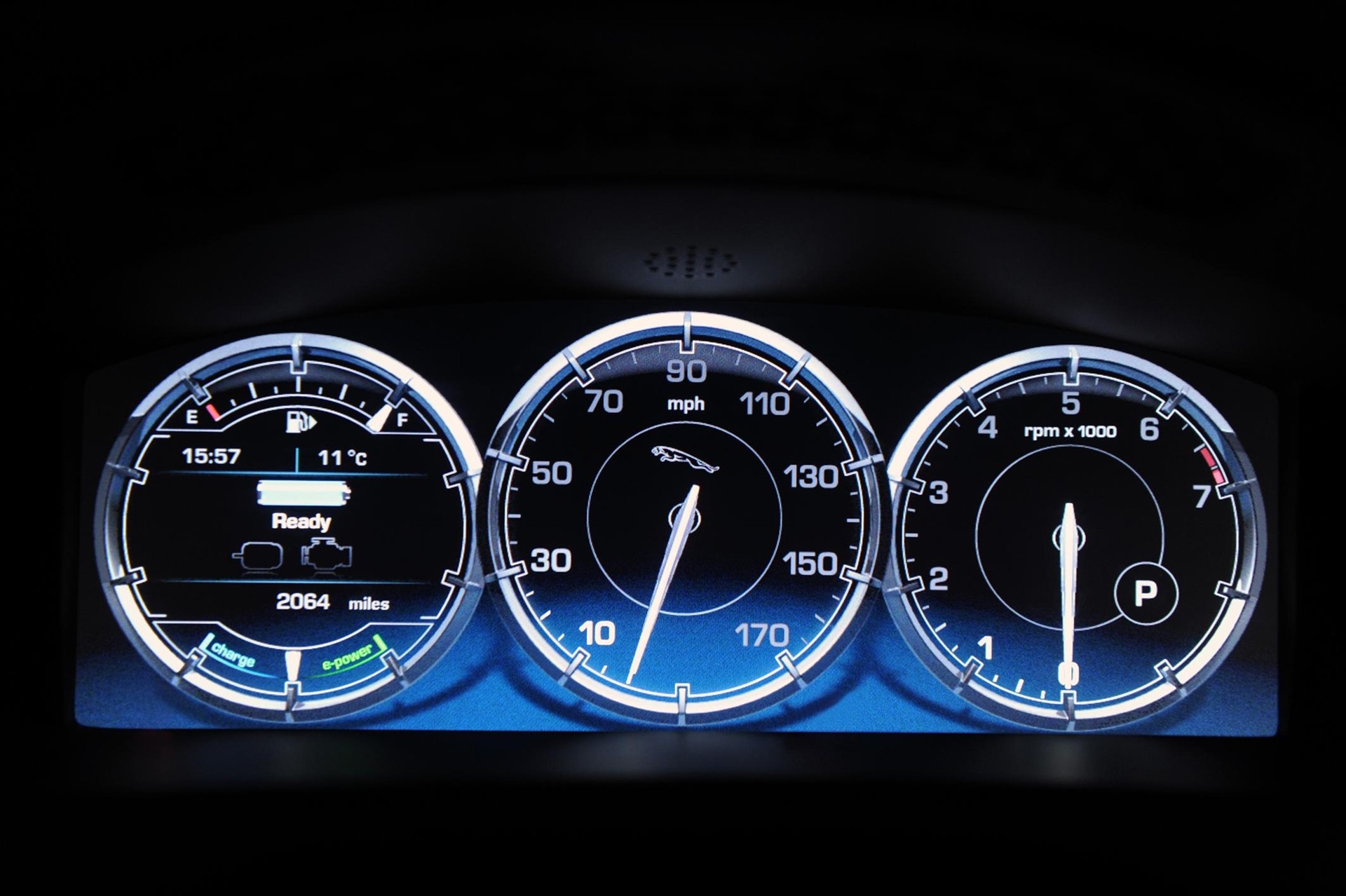 The Jaguar XJ_e experimental plug-in hybrid was awarded ‘Most Energy Efficient Luxury Car Prototype’ and ‘Technical Panel’s Award of Merit’ at the third annual RAC Future Car Challenge from Brighton to London on 3rd November 2012.
The Jaguar XJ_e experimental plug-in hybrid was awarded ‘Most Energy Efficient Luxury Car Prototype’ and ‘Technical Panel’s Award of Merit’ at the third annual RAC Future Car Challenge from Brighton to London on 3rd November 2012.
Jaguar Land Rover entered three of its Jaguar XJ_e PHEV engineering research cars into the event, resulting in a best-in-class rating, using only 1.2 litres of petrol and 11kWh of electricity over a 63 mile course, equating to an equivalent fuel consumption of approximately 112 miles per gallon.
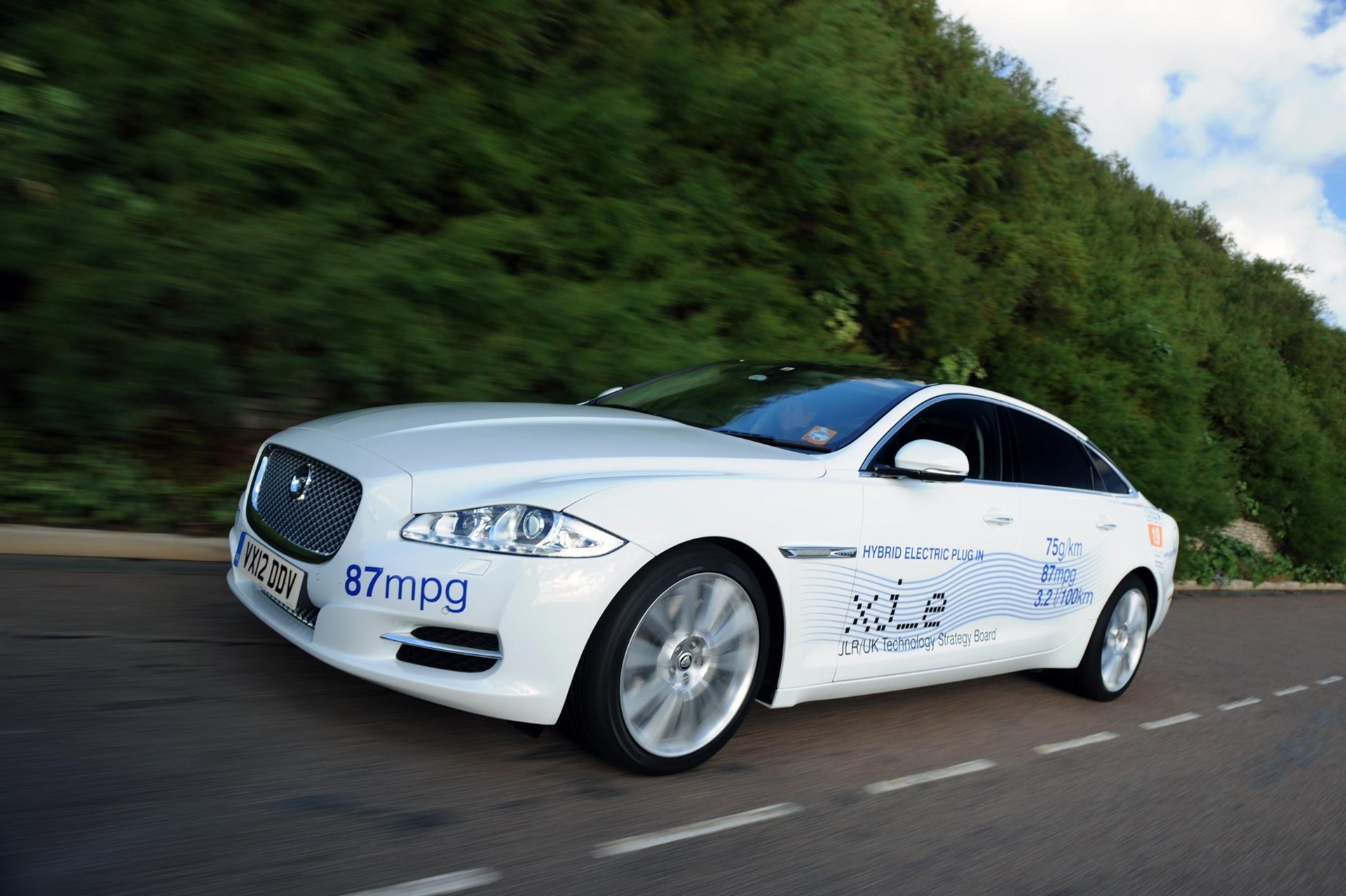
The innovative XJ_e project is led by Jaguar Land Rover as part of its strategy to develop best-in-class low-carbon premium products. Part funded by the UK Government’s Technology Strategy Board through the REEVolution project, this advanced research vehicle has been engineered in partnership with leading UK technology companies to help develop expertise for ultra-low carbon vehicles within the supply chain.

Pete Richings, Director, Jaguar Land Rover Hybrids & Electrification, says: “The three experimental XJ_e vehicles were brand new so this event was their first drive in real-world conditions. They performed faultlessly and delivered performance that exceeded our expectations, a tribute to our engineering team who prepared them. Events like this help us not only to understand the technical challenges involved but also provide an opportunity to showcase promising solutions.”
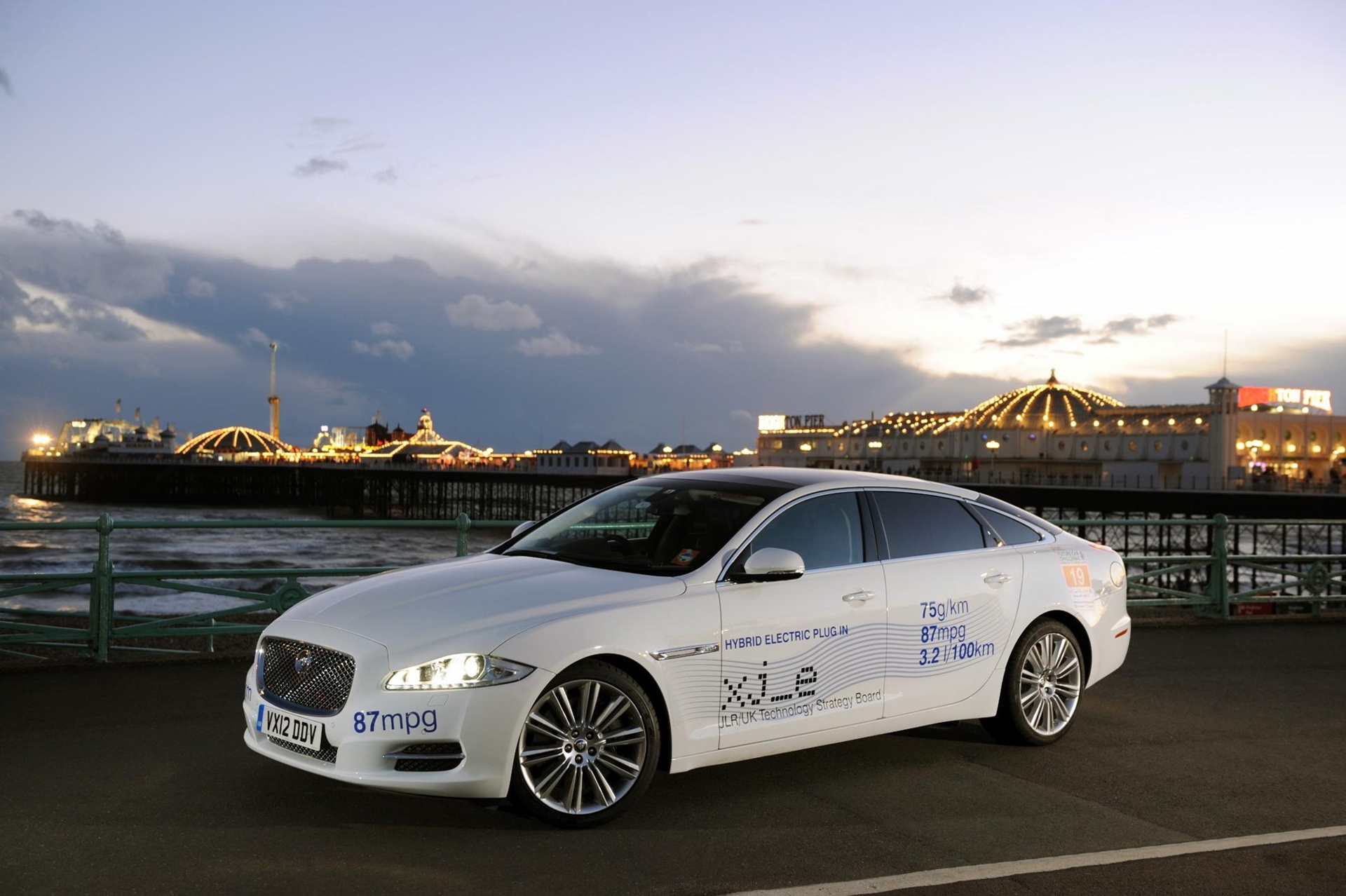
The three Jaguar XJ_e PHEV vehicles utilise a specially developed 2-litre turbocharged engine coupled with a 69kW electric motor and a 12.3kWh lithium-ion battery, instead of the 5-litre V8 of the standard XJ. The Jaguar XJ_e can achieve a range of about 25 miles in all-electric mode and a maximum electric mode top speed of 75mph. Performance estimates for the Jaguar XJ_e are fuel economy of 87 miles per gallon and a top speed of 150mph. Tailpipe emissions are 75g/km – a 70 per cent improvement compared to the standard Jaguar XJ.

Pete Richings, continues: “Jaguar Land Rover is the UK’s largest investor in automotive green technology and by working together with academia, suppliers and other automotive manufacturers through the Technology Strategy Board, we are helping to push the boundaries of research into the electrification of premium and luxury vehicles, with experimental vehicles like the XJ_e Hybrids and electrification technologies are key elements of Jaguar Land Rover’s plan to reduce our carbon footprint.”

The RAC Future Car Challenge is one of three flagship events owned by the Royal Automobile Club that took place on the weekend of 3 and 4 November 2012. The other two were the London to Brighton Veteran Car Run, the world’s longest running motoring event, and the Regent Street Motor Show. Together they make for the largest free-to-spectate annual motoring spectacular in the UK.
